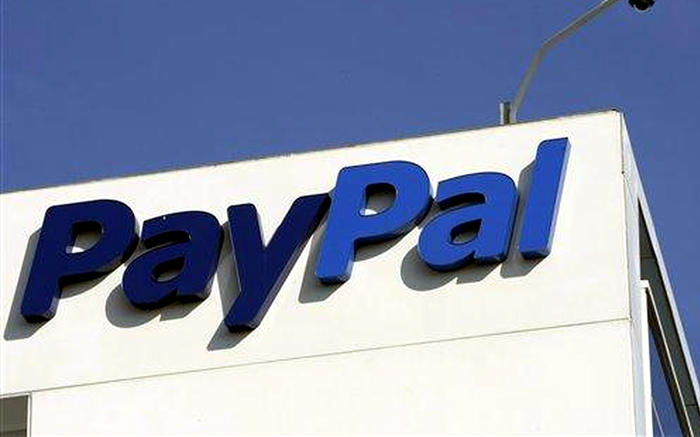PayPal, a big name in online payment processing, has changed its mind about a policy that said customers would have to pay $2,500 if they spread false information. PayPal says that the policy was made public “by mistake.”
Earlier, it was said that a new version of PayPal’s Acceptable Use Policy (AUP) added “the sending, posting, or publishing of any messages, content, or materials that spread deception or pose a risk to user safety or wellbeing,” among other things, to the list of things that are not allowed.
A representative from PayPal said:
In a recent mistake, an AUP notice went out with the wrong information. PayPal doesn’t fine people for giving false information, and this part of our policy was never meant to be there. Our teams are working on making sure our policy pages are correct. We’re sorry if this has made things hard to understand.
David Marcus, who used to be president of PayPal, Elon Musk, who is the richest person in the world, and even cryptocurrency expert Michael Van de Poppe have all said they don’t like the new “in error” policy.
Hate speech, intolerance, and discrimination were already against PayPal’s rules, but the new rules could have made it clear that it was still illegal to target certain protected groups or people or groups based on protected traits.
Related: PayPal says it was “in error” to have a policy that punished users for giving false information.
People have been accusing PayPal of censorship for a long time. They say that the company decides which user content to remove based on its own values and, of course, government rules.
The payments giant has also said it wants to look into how money gets to groups with anti-government or extremist goals.
The post PayPal Makes a Policy Mistake: The Misinformation Fine Is Reversed appeared first on Coin Edition.

